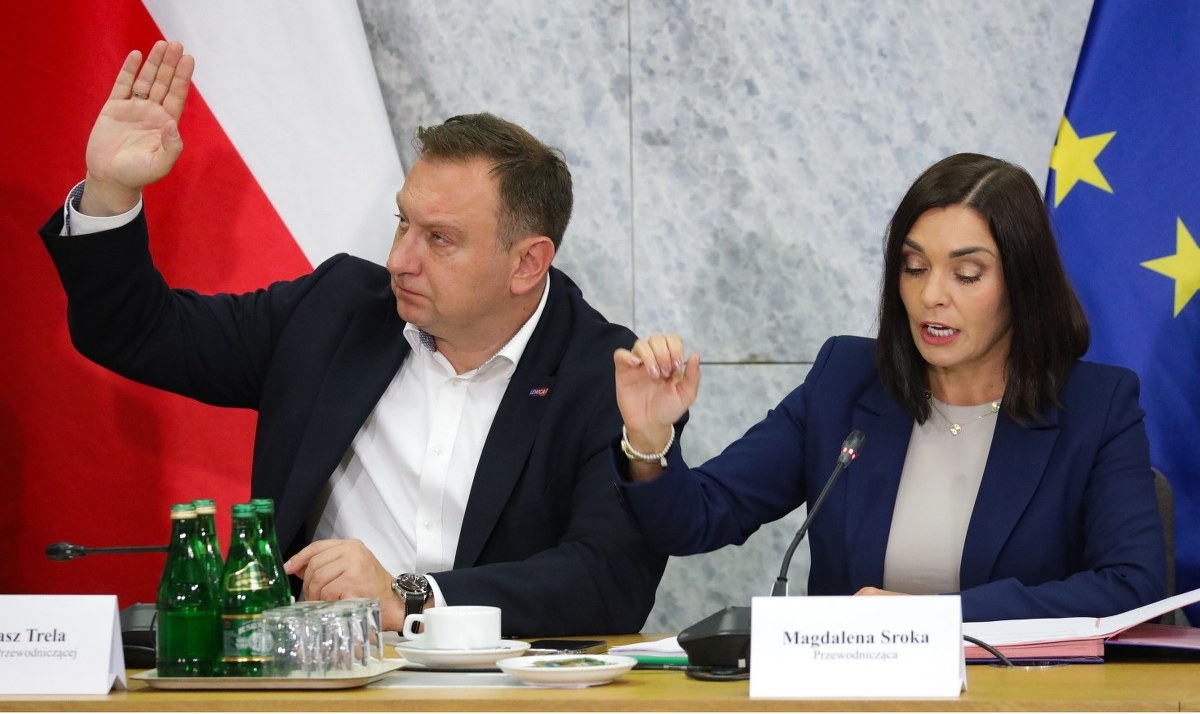Britain's steel industry has expressed disappointment after the UK shelved plans to eliminate US tariffs on steel exports. The move represents a significant blow to a sector already struggling with major financial difficulties in recent years.
The UK has paused its push to cut the current 25% levy to zero, as originally agreed earlier this year. Britain could have sought a small tariff-free quota for steel exports to America, but this would have left the remaining exports exposed to the 50% global tariff faced by other nations.
Gareth Stace, director-general of UK Steel, said it would be disappointing not to have a tariff-free quota level. However, he noted that if the US was never offering that deal, the final 25% decision "offers a degree of certainty and potentially a competitive advantage so long as other countries remain at 50%."
Industry calls for protection
Stace criticised the US administration for prioritising import reduction over its historic trading relationship with UK steelmakers. He explained that heavily subsidised steel flooding international markets is forcing countries worldwide to erect trade barriers to protect their industries.
The industry leader stressed it was "even more imperative now" for the UK Government to strengthen its own trade defences. "In these market conditions, the last country to protect their industry will be the first to lose it," Stace said.
Political controversy emerges
The issue gained prominence during Donald Trump's second state visit to Britain this week. Trump had hinted at possible tariff relief for British steel while boarding Air Force One on Tuesday, saying: "We've made a deal, and it's a great deal, and I'm into helping them."
However, Downing Street remained non-committal about potential progress. The Prime Minister's official spokesman said there was "a range of things" to discuss with the president but declined to predict outcomes ahead of meetings.
Opposition attacks government
The Liberal Democrats accused the Government of throwing in the towel to Trump, who had "reneged on" the original agreement for zero steel tariffs. Deputy party leader Daisy Cooper said: "It just shows Trump is an unreliable partner and that rewarding a bully only gets you so far."
Shadow business secretary Andrew Griffith highlighted contradictions in government messaging. "On May 8, the Prime Minister claimed credit for negotiating steel tariffs to zero. Now it turns out that was untrue and it's actually 25%," he said.
Labour's Liam Byrne, chairman of the Commons Business and Trade Committee, warned that "we can't escape the truth that Britain now trades with its biggest partner on terms that are worse than the past." He described the state visit as "no mere pageant" given the economic implications.
Government defends position
A Government spokesperson defended the arrangement, stating that thanks to the UK-US partnership strength, Britain remains "the only country to benefit from a 25% tariff on steel exports to the US." This reinforces the UK's position as a trusted source of high-quality steel, they argued.
The Government said it was continuing to work closely with the US to deliver certainty for UK industry, protect skilled jobs and support economic growth. The steel sector has struggled with high energy prices, increased tariffs and global overcapacity in recent years.
Sources used: "PA Media" Note: This article has been edited with the help of Artificial Intelligence.







